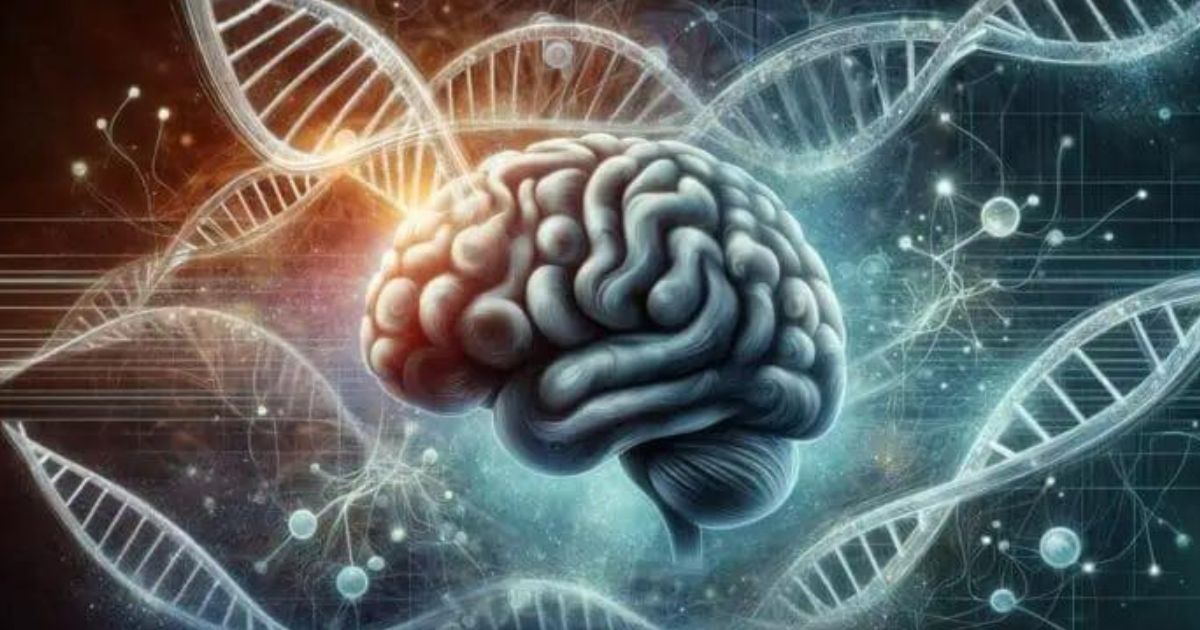In a significant breakthrough, a new study published in Nature Mental Health sheds light on the intricate connections between environmental exposures, and genetic links to depressive symptoms.
Conducted by Wang Zhiyang and a team of researchers, the study explores the concept of the “exposome” — encompassing all environmental influences — to gain deeper insights into the vulnerabilities associated with depression, particularly in the context of Major Depressive Disorder (MDD) in Western Europe.
The research delves into the high prevalence of MDD in Western Europe, particularly among adolescents, a trend that has seen a concerning surge during the COVID-19 pandemic.
Utilizing the FinnTwin12 cohort dataset, which includes twins born in Finland between 1983 and 1987, the study analyzes 3025 participants in young adulthood (mean age approximately 22 years) and 4127 participants at age 17.
Two key methods are employed: Exposome-wide Association Studies (ExWAS) and bivariate twin modeling. ExWAS, akin to genome-wide association studies but focusing on environmental factors, identifies 29 exposures significantly associated with depressive symptoms in young adulthood and 46 exposures at age 17, spanning 12 distinct environmental domains. These domains encompass factors such as air pollution, family dynamics, and life events.
Familial exposures emerge as the most influential factors, highlighting the profound impact of family dynamics and relationships on the development and persistence of depressive symptoms during late adolescence and early adulthood.
However, these exposures are not directly linked to the incidence of Major Depressive Disorder in young adulthood, and intriguingly, environmental effects exert a more significant impact than genetic effects in males compared to females.
Complex Relationship – Genetic Links to Depressive Symptoms
Bivariate twin modeling uncovers a complex interplay between genetic and environmental factors and depressive symptoms. While both genetic and environmental factors significantly contribute to the variance in depressive symptoms, genetics exerts a slightly larger influence.
This suggests that environmental factors, as part of one’s exposome, are intricately associated with genetic aspects. The study underscores how family influences, including happiness levels and domestic issues, can be inherited through genes and shared family environments.
The findings emphasize the critical need to comprehend the interaction between genes and the environment, elucidating how specific genetic traits can manifest in diverse health outcomes based on environmental influences.
However, the researchers acknowledge a limitation in the study – the relatively small sample size compared to other ExWAS research. Due to this constraint, the data could not be stratified by sex, as doing so would significantly reduce the sample size.
Despite this limitation, the study represents a pioneering effort in unraveling the complex dynamics between genetic predisposition, environmental exposures, and mental health outcomes.
The study, titled “The effect of environment on depressive symptoms in late adolescence and early adulthood: an exposome-wide association study and twin modeling,” features contributions from researchers Wang Zhiyang, Stephanie Zellers, Alyce M. Whipp, Marja Heinonen-Guzejev, Maria Foraster, Jordi Júlvez, Irene van Kamp, and Jaakko Kaprio.
It marks a significant step forward in understanding the intricate web of factors contributing to depressive symptoms, offering valuable insights for future research and mental health interventions.








Leave a Reply
You must be logged in to post a comment.